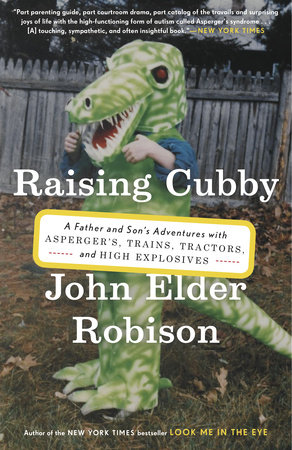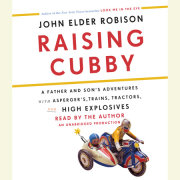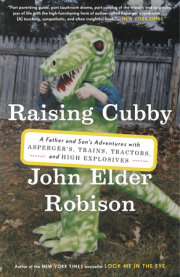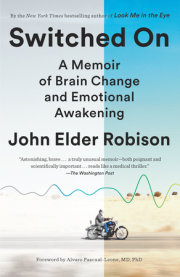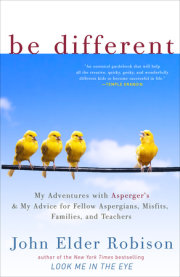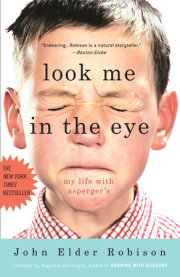John Elder Robison has openly and humorously engaged readers about his Asperger’s syndrome in his previous books (Look Me in the Eye, Be Different). In this memoir, he writes about parenting as an adult with Asperger’s–and coming to the realization that his son, Cubby, also has Asperger’s, as Robinson’s past experiences of rebellion against authority and resistance to school are acted out once again by Cubby. Together, father and son learn to navigate the world around them, despite how inscrutable it can seem to them at times. This is a unique perspective on Asperger’s syndrome across generations and within families.
“How does a man who lacks a sense of empathy and an ability to read nonverbal cues learn to be a father? And how does a man with Asperger’ s learn to recognize the same symptoms in his own child? (A key element in the book is Robison’s son’s own diagnosis, and Robison’s reaction to his having missed seeing the signs for as long as he had.) In many ways, this is a traditional father-and-son memoir, but the added element of Asperger’s gives the story a stronger emotional core: when Robison and his wife separated, for example, he realized he had been misreading a lot of what had been going on between them. It’s a story of a man learning to be a parent, yes, but it’s also—and perhaps more importantly—the story of a man discovering, as an adult, who he really is.”
—Booklist
"John Elder Robison is one of my autism super heroes because he bravely brings humor and humility to the heart and soul of the taboo and unexpected corners of life lived with autism. His new book, Raising Cubby, is more than a memoir about a father and son bound by their Asperger syndrome. It’s a story that reminds us how precious and precarious the parent child relationship is and how beautiful our lives can be when we are share that ride together. Raising Cubby is Robison’s best work yet.”
—Liane Holliday-Willey, coauthor of Pretending To Be Normal: Living with Asperger Syndrome
“John Robison's skill as a master storyteller is nowhere more evident than in his third book, Raising Cubby. This heartwarming memoir takes us on the colorful journey of John and his son, Jack (aka Cubby), as they learn about the world together. At turns funny and poignant, it is, above all, the story of the powerful love of a father for his son. Told in the immensely entertaining and engaging style of John Elder Robison, it should be on everyone’s must-read list.”
—Lori S. Shery, President and Founder, ASPEN®
"Funny and moving...A warmhearted, appealing account by a masterful storyteller."
—Kirkus Reviews
"Robison's third book starts with a bang--his description of the 'malicious explosion' created by his teenage Cubby that has the boy, who has Asperger's syndrome, looking at 60 years in prison, is as disconcerting as it is captivating....With the ensuing investigation and trial, Cubby and the author are drawn into a crazy world that threatens to tear apart their already delicate lives."
—Publishers Weekly

